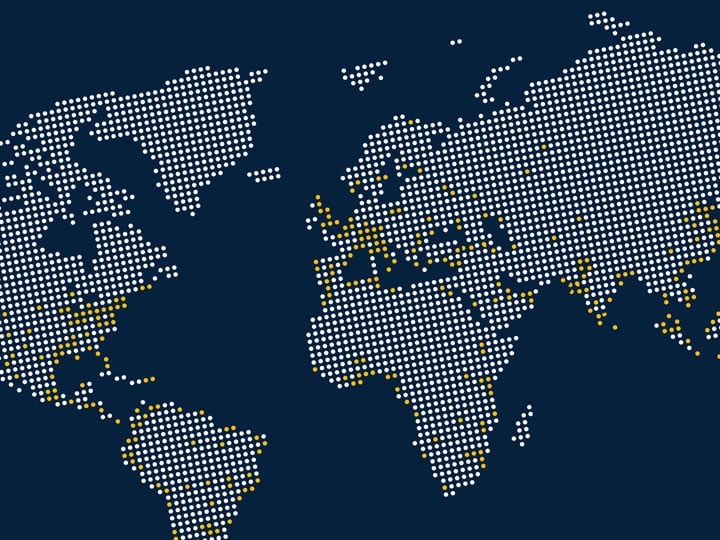Intertek is a leader in fuel system testing services, offering mini-SHED and micro-SHED permeation technology
Intertek SHED capabilities evaluate fuel components, including valves, hoses, tubing, connectors, fittings, sending units, caps, plugs, tanks, and filler necks. SHED testing complements fuel system mechanical durability tests, fuel filling station, environmental chambers, leak detection equipment, salt spray chambers, mechanical property instruments, and various testing protocols.
Corrosion Salt Fog Testing for Engine Oils
Corrosion Salt Fog testing, for evaluating the corrosion protection performance of engine oils, ASTM B-117 and NMMA salt fog tests.
Live Fuel Materials Testing
The Intertek live fuel materials testing laboratory is ISO/IEC-17025 accredited, conducting customer designed fuel-submersion conditioning tests.
Fuel Deposit Control Additive Testing Services
Vehicle and engine dynamometer fuel deposit control additive testing, on vehicle and engine configurations, for automotive OEM and fuel clients.
Fuel System Soak Facility
The Intertek fuel system soak facility supports automotive manufacturers and suppliers. Fuel systems of various sizes, shapes, and configurations are accommodated for fuel system soaking tests.
Fuel System Vibration Testing
Intertek performs vibration and fatigue analysis on customer products using a MTS servo-hydraulic fatigue vibration test system.
Evaporative Emission (SHED) Permeation Testing
Intertek offers SHED Evaporative Emission (permeation) Testing services for the automotive, fuel system, marine, and petrochemical industries for over 20 years.
Additional Vehicle Fuel System Testing Services:
- Pressure and Vacuum (P/V) Testing
- Fuel Hose Permeation Testing, SAE J1737 and SAE J30
- Small Off Road Engine (SORE) Fuel Tanks, Portable Tanks, and Engine Evaporative Emissions
- Fuel System Component Permeation Testing by S.H.E.D. Method
- Fuel Fill, Loss, Spitback, Max. Fill, Residual, Fill Quality, & Grade Fill Evaluations
- Slosh and Rollover Evaluations
- Thermal Expansion Testing
- Recirculation Testing
- Mechanical Strength Testing
- Hydrocarbon Speciation Including Gas and Liquid Chromatography Testing
- Helium Tracer Gas Leak Detection
- High Temperature Environmental Chamber for Sub-System Components Testing
- Temperature and Humidity Controlled Environmental Chambers
- Extreme Temperature Thermal Chambers
- Materials Fuel Compatibility Testing
- OEM DVP&R Testing on fuel tank assemblies and fill pipes
- CARB Recognized Lab
- European Council Standard Testing to: CEC F 05 93, CEC F 20 98, CEC F 23 01, CEC TDG-098
- Bespoke engine tests away from standard CEC test methods
- Evaluation of Low Friction Lubricants
- Vehicle Preparation
- Inspection, Rectification & Build
- Instrumentation & Data Logging
- Mileage Accumulation
- Open Road
- Highway, Urban & Rural Test Routes
- Test Track
- High Speed, Accelerated Durability
- Driver & Vehicle Management
- 24/7 Operations, Vehicle Transportation, Servicing & Maintenance
- Petroleum Fuel Testing
Knowledge Center
Buzz, Squeak, and Rattle (BSR) Testing in Automotive Development Webinar
Master FMVSS 108 Compliance – Download the Expert Guide
Automotive Functional Safety & Cyber Security FAQs
Development of Driveline Electrification Technologies White Paper
Understanding Failure Analysis and Answering your Frequently Asked Questions
The Top-7 FAQs of Autonomous Vehicles Testing
The Top-10 FAQs of Advanced Composites Testing
The Top-10 FAQs of Automotive Interior Testing
Accelerated Stress Testing to Manage Disruptive Market Changes Webinar
Transitioning to Structural Composites to Meet CAFE Standards
Automotive Interiors Testing White Paper
Resources
Global Research & Certification
SatelliteTM Client Test Program
Engineering and Technical Staffing
SupplyTek - gain the confidence to go to market faster
Protek - safeguard people, systems and processes, facilities, materials and surfaces, and products

